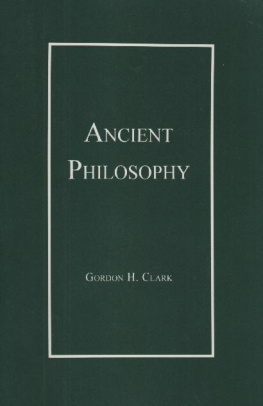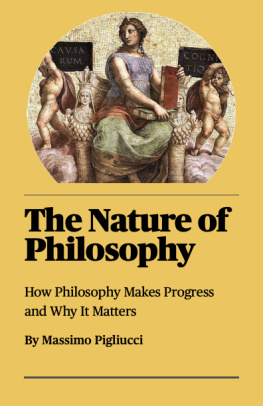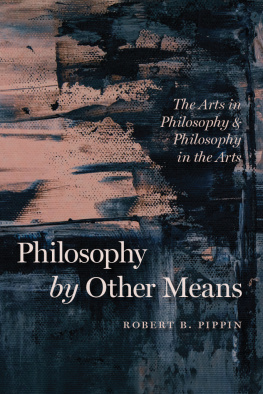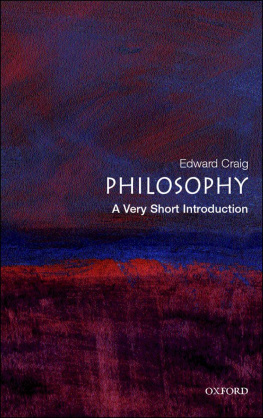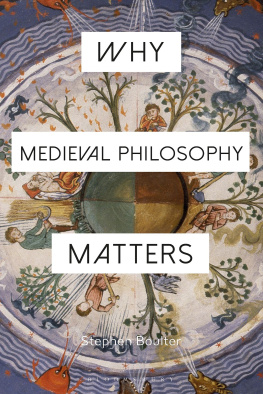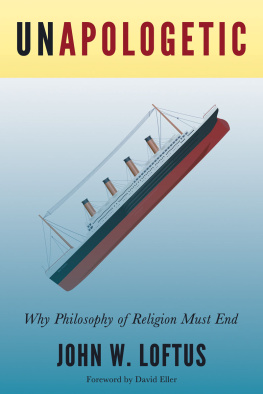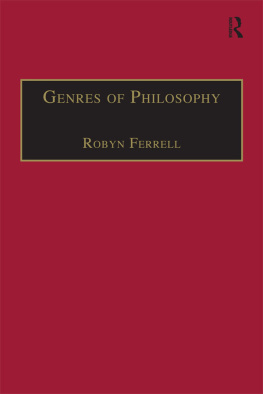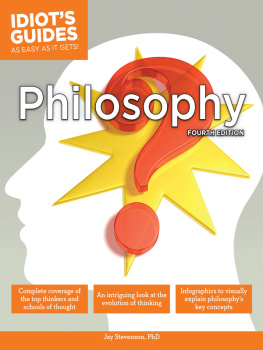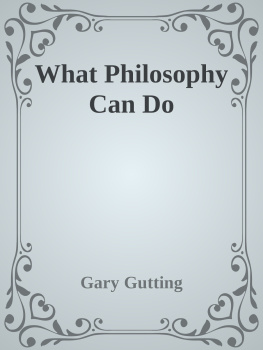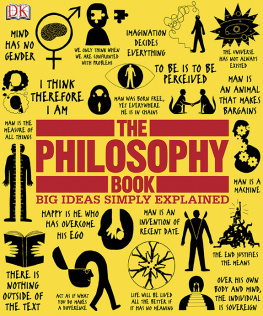Lee Ang - The Philosophy of Ang Lee
Here you can read online Lee Ang - The Philosophy of Ang Lee full text of the book (entire story) in english for free. Download pdf and epub, get meaning, cover and reviews about this ebook. City: Lexington, year: 2013, publisher: The University Press of Kentucky, genre: Science. Description of the work, (preface) as well as reviews are available. Best literature library LitArk.com created for fans of good reading and offers a wide selection of genres:
Romance novel
Science fiction
Adventure
Detective
Science
History
Home and family
Prose
Art
Politics
Computer
Non-fiction
Religion
Business
Children
Humor
Choose a favorite category and find really read worthwhile books. Enjoy immersion in the world of imagination, feel the emotions of the characters or learn something new for yourself, make an fascinating discovery.

- Book:The Philosophy of Ang Lee
- Author:
- Publisher:The University Press of Kentucky
- Genre:
- Year:2013
- City:Lexington
- Rating:4 / 5
- Favourites:Add to favourites
- Your mark:
- 80
- 1
- 2
- 3
- 4
- 5
The Philosophy of Ang Lee: summary, description and annotation
We offer to read an annotation, description, summary or preface (depends on what the author of the book "The Philosophy of Ang Lee" wrote himself). If you haven't found the necessary information about the book — write in the comments, we will try to find it.
The Philosophy of Ang Lee — read online for free the complete book (whole text) full work
Below is the text of the book, divided by pages. System saving the place of the last page read, allows you to conveniently read the book "The Philosophy of Ang Lee" online for free, without having to search again every time where you left off. Put a bookmark, and you can go to the page where you finished reading at any time.
Font size:
Interval:
Bookmark:
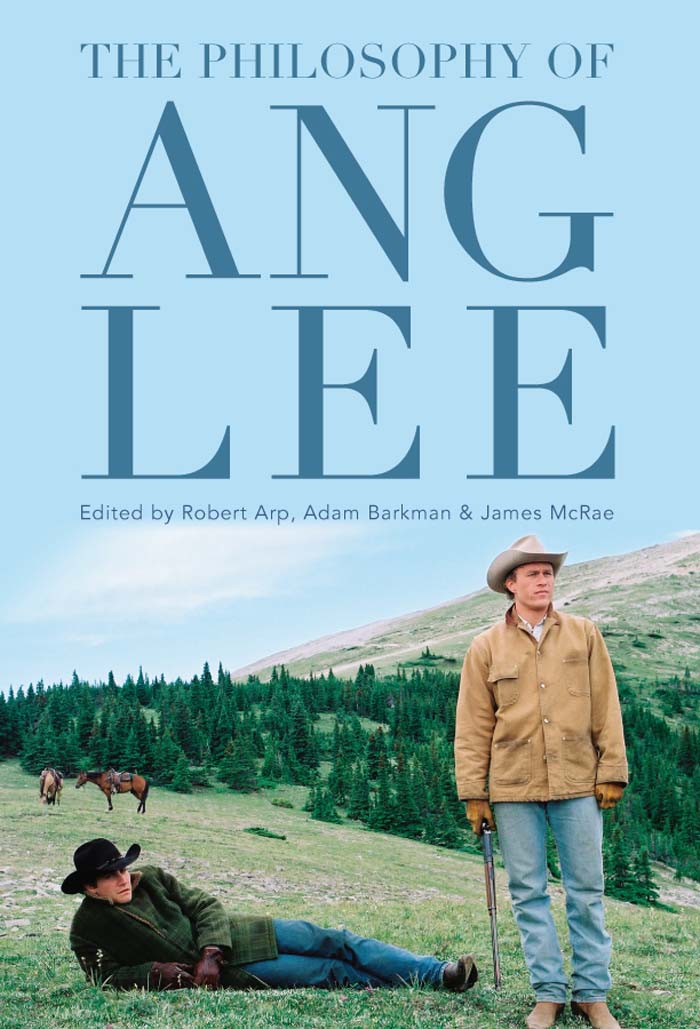
The Philosophy of Ang Lee
THE PHILOSOPHY OF
ANG LEE
Edited by
R OBERT A RP , A DAM B ARKMAN ,
AND J AMES M C R AE

Copyright 2013 by The University Press of Kentucky
Scholarly publisher for the Commonwealth, serving Bellarmine University, Berea College, Centre College of Kentucky, Eastern Kentucky University, The Filson Historical Society, Georgetown College, Kentucky Historical Society, Kentucky State University, Morehead State University, Murray State University, Northern Kentucky University, Transylvania University, University of Kentucky, University of Louisville, and Western Kentucky University.
All rights reserved.
Editorial and Sales Offices: The University Press of Kentucky
663 South Limestone Street, Lexington, Kentucky 40508-4008
www.kentuckypress.com
17 16 15 14 13 5 4 3 2 1
Library of Congress Cataloging-in-Publication Data
The philosophy of Ang Lee / edited by Robert Arp, Adam Barkman, and James McRae.
pages cm
Includes bibliographical references and index.
ISBN 978-0-8131-4166-4 (hardcover : acid-free paper)
ISBN 978-0-8131-4169-5 (epub) ISBN 978-0-8131-4170-1 (pdf)
1. Lee, Ang, 1954Criticism and interpretation. 2. Philosophy in motion pictures. I. Arp, Robert, editor of compilation. II. Barkman, Adam, 1979editor of compilation. III. McRae, James, 1976editor of compilation.
PN1998.3.L438P48 2013
791.430233092dc23 2012050799
This book is printed on acid-free paper meeting the requirements of the American
National Standard for Permanence in Paper for Printed Library Materials.
Manufactured in the United States of America.
| Member of the Association of |
To Zoe and Lexi, who were born in China. Wo ai ni!
Rob Arp
To my mom, who first took me to the movies.
Adam Barkman
To my wife, Heather, for her steadfast support, and my mentor,
Graham Parkes, who taught me to appreciate
the philosophical side of film.
James McRae
C ONTENTS
Robert Arp, Adam Barkman, and James McRae
Hi, Im Ang Lee, and if I dont make movies Im going to die. Though the subject matter of these films has varied widely, they share complex, often controversial themes that make them fertile ground for philosophical inquiry.
The purpose of this book is to explore the philosophy of Ang Lees films, and the chapters draw from both Eastern and Western philosophies to examine the multicultural themes present in Lees works, so that readers will gain an insight into Lees films and the rich philosophical heritage in which they are grounded.
Lee was born on October 23, 1954, in Taiwan, but he did not begin his career as a professional filmmaker until he was thirty-seven years old. Lees father was a high school principal and a traditional Confucian who emphasized education and filial piety. When Lee failed the national university entrance exams twice, it brought great shame to his father. Lee enrolled in the National Taiwan University of Arts in 1973 as a theater and film major, which embarrassed
In 1978, at the age of twenty-three, Lee moved to the United States and enrolled as a theater major at the University of Illinois at Urbana-Champaign. Because he spoke English as a second language, he turned to directing as a dramatic medium that would circumvent his linguistic limitations. In 1980, he graduated with a B.F.A. in theater and theater direction and enrolled in the masters program in film production at the Tisch School of the Arts at New York University. During this period, he produced a number of acclaimed student shorts and worked as a cameraman for one of Spike Lees student films. In 1985, Lee finished A Fine Line, a forty-three-minute film that he made for his masters thesis. Though his film won New York Universitys top two awardsfor best director and best filmafter earning his masters degree, Lee would not work in film for six years.
In 1990, Lee was contacted by the new production company Good Machine, which agreed to help fund his first feature-length film, Pushing Hands (1992). Because this film garnered critical acclaim and was a huge success in Asia, Lee was able to gain funding for another low-budget film, The Wedding Banquet, which went on to become the most profitable film of 1993 proportionate to its cost and to earn an Oscar nomination for best foreign-language film. This was quickly followed by Eat Drink Man Woman (1994), which brought Lee another Oscar nomination in the same category. Lees early work attracted the attention of Hollywood, and his next three films would be made in English with larger budgets. In 1995, he directed an adaptation of the Jane Austen novel Sense and Sensibility, which received seven Academy Award nominations and one win for best adapted screenplay. Lee built on this success with two critically acclaimed, limited-release films: The Ice Storm (1997) and Ride with the Devil (1999). Coupled with his early trilogy, these three films demonstrated Lees breadth and depth as a filmmaker, and he quickly developed a reputation as a director who could turn any subject into a tour de force.
In 2000, Lee directed the Qing dynasty martial arts film, Crouching Tiger, Hidden Dragon. The film became an international sensation and was nominated for ten Academy Awards, going on to win for best foreign-language film, best cinematography, best art directionset direction, and best original score. Though Lee was nominated for best director and the film for best picture, he won neither.
The failure of Hulk sent Lee into a depression, during which he considered quitting his career as a filmmaker. Fortunately, his father persuaded him to make another movie, and Lee turned his attention to Brokeback Mountain. In 2005, the controversial film was released to widespread critical acclaim. It was nominated for eight Oscars and won three, including Lees first best achievement in directing award. However, even though it was heavily favored to win the best picture award, Brokeback Mountain lost to Crash (Paul Haggis, 2004). Lee then directed the sexually charged spy drama, Lust, Caution, in 2007. The film was a huge success in China, albeit with most of the sexual content edited out, but the NC-17 rating it received in the United States limited its release. Although critics mostly praised Lust, Caution, Lees next effort, Taking Woodstock (2009), was less successful. Though some critics found the film to be a satisfactory adaptation of Elliot Tiber and Tom Montes whimsical 2007 novel, most thought it oversimplified the complex issues surrounding the cultural transformation that took place in the late 1960s.
Friedrich Nietzsche claimed that all philosophy is autobiography: a good writer should spill his very soul onto the page such that if one understands his work, one understands who he is as a person. The director suggests, like Nietzsche, that his works are an autobiography, a window into his values, concerns, and motivations. It is because of this that Lees films are such a rich source for the philosophy of film.
Font size:
Interval:
Bookmark:
Similar books «The Philosophy of Ang Lee»
Look at similar books to The Philosophy of Ang Lee. We have selected literature similar in name and meaning in the hope of providing readers with more options to find new, interesting, not yet read works.
Discussion, reviews of the book The Philosophy of Ang Lee and just readers' own opinions. Leave your comments, write what you think about the work, its meaning or the main characters. Specify what exactly you liked and what you didn't like, and why you think so.

